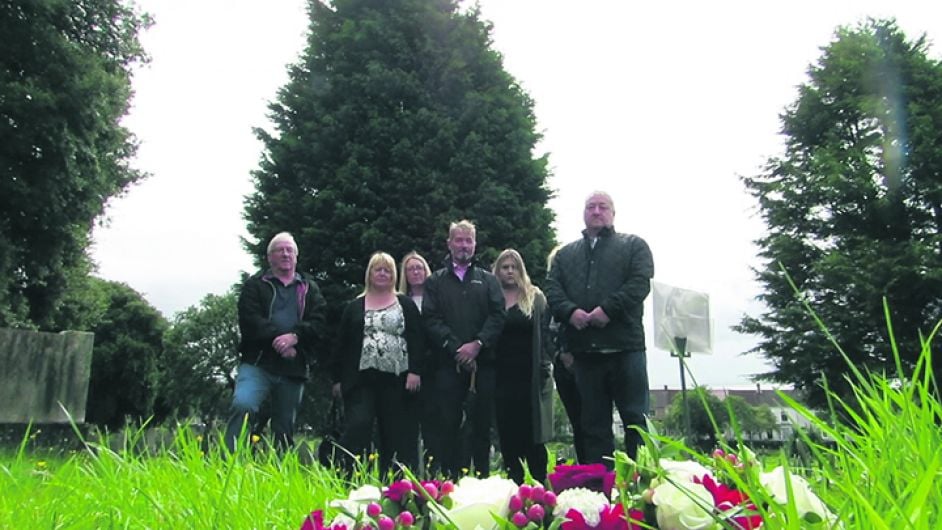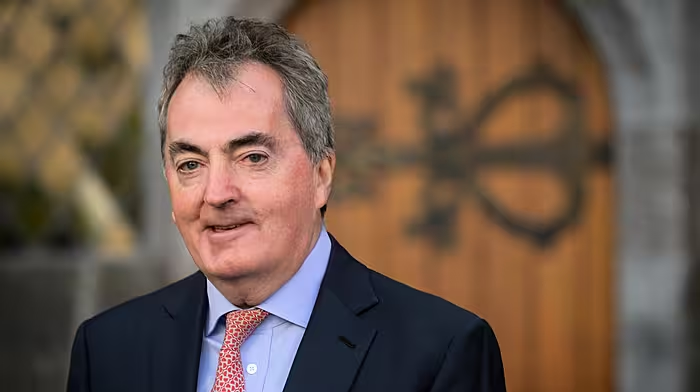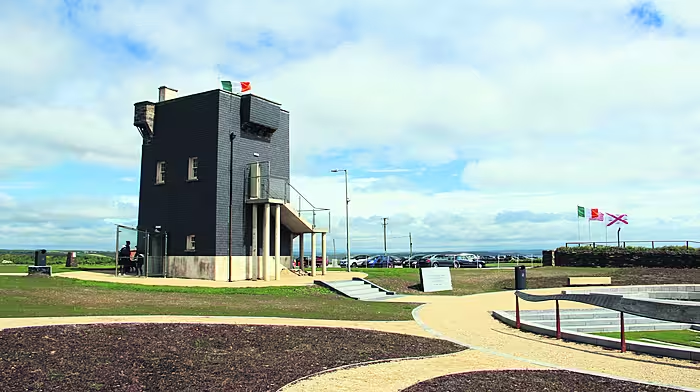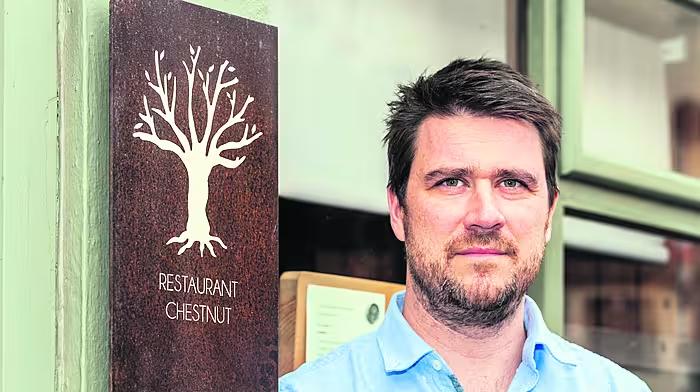The family of Private John Connolly, a Beara man who fought at the Battle of Rorke's Drift in Africa and lay in an unmarked grave in Wales for 113 years have finally been able to honour him.
BY HELEN RIDDELL
THE family of Private John Connolly, a Beara man who fought at the Battle of Rorke’s Drift in Africa and lay in an unmarked grave in Wales for 113 years have finally been able to honour him following the work of Welsh genealogists.
John Connolly was a member of the British 24th Regiment and fought in a battle against the Zulus at Rorke’s Drift in Natal, Africa in 1879.
He survived the battle but died in his Swansea home in 1906.
However, despite being buried with full military honours John’s family were unable to afford a headstone for his grave.
Late last year, Peter Hall and John Thomas, who run the Swansea Bay Museum, which documents the area’s military history, discovered that John was buried in an unmarked pauper’s grave at Danygraig Cemetery, Swansea. Further research led them to discover that he was born in Castletownbere in 1859.
Since then Peter has been trying to locate any surviving family members and arranging for a headstone for John’s grave.
Earlier this year a Swansea monumental mason company Nurse and Payne offered to erect a headstone free of charge following which a memorial service was held at the graveside.
Peter decided to enlist the help of Swansea genealogists Anthony James and John Griffiths, who were able trace the family to Monmouth, Wales.
Following an article in the South Wales Argus, Alison, Kevin and Emma Connolly of Monmouth contacted Peter Hall.
Alison said she had heard of a relative who had fought at Rorke’s Drift but was unable to verify the story.
But thanks to the work of the genealogists and her own research she was able to prove that Private John Connolly buried in Swansea was their long lost relative.
Recently, the Connolly family laid a wreath at the grave of their relative.
Kevin said: ‘We’ve been looking for years for him and thanks to a lot of people we’ve finally found him.’








